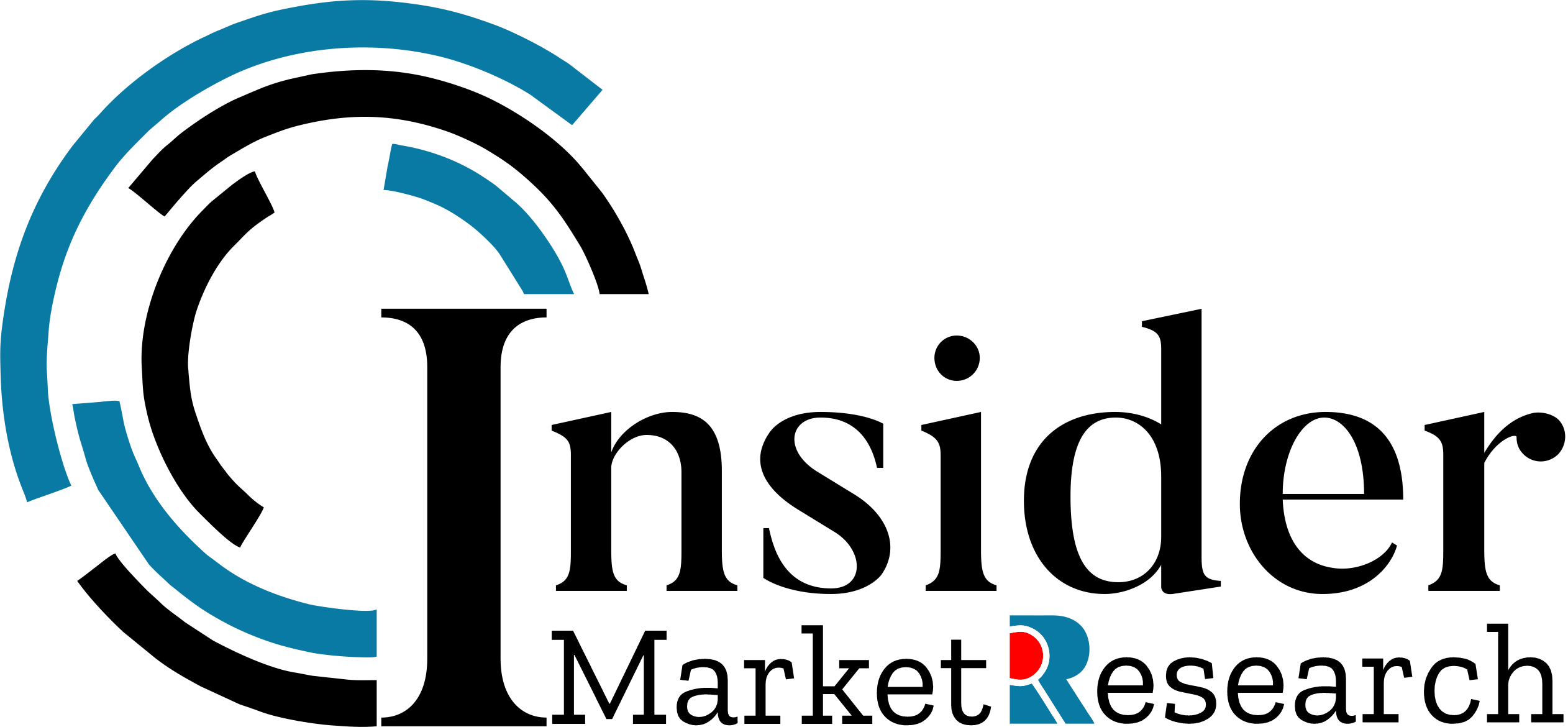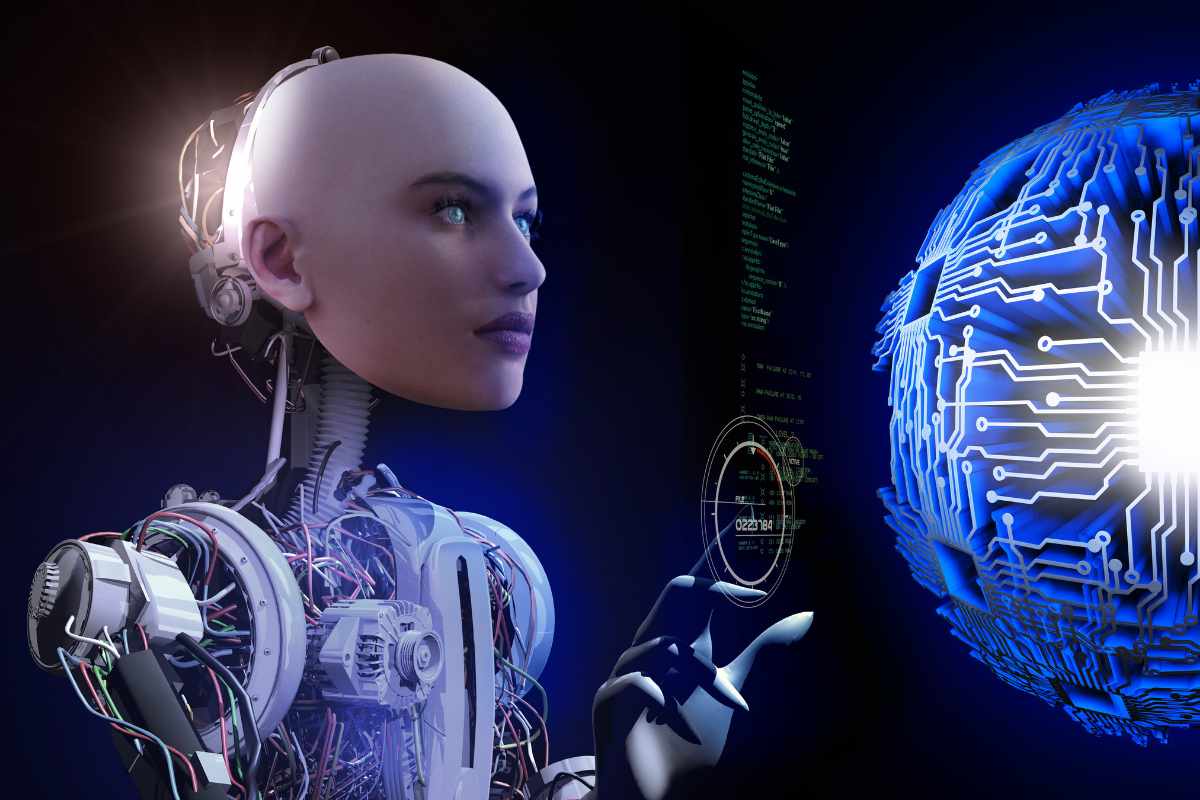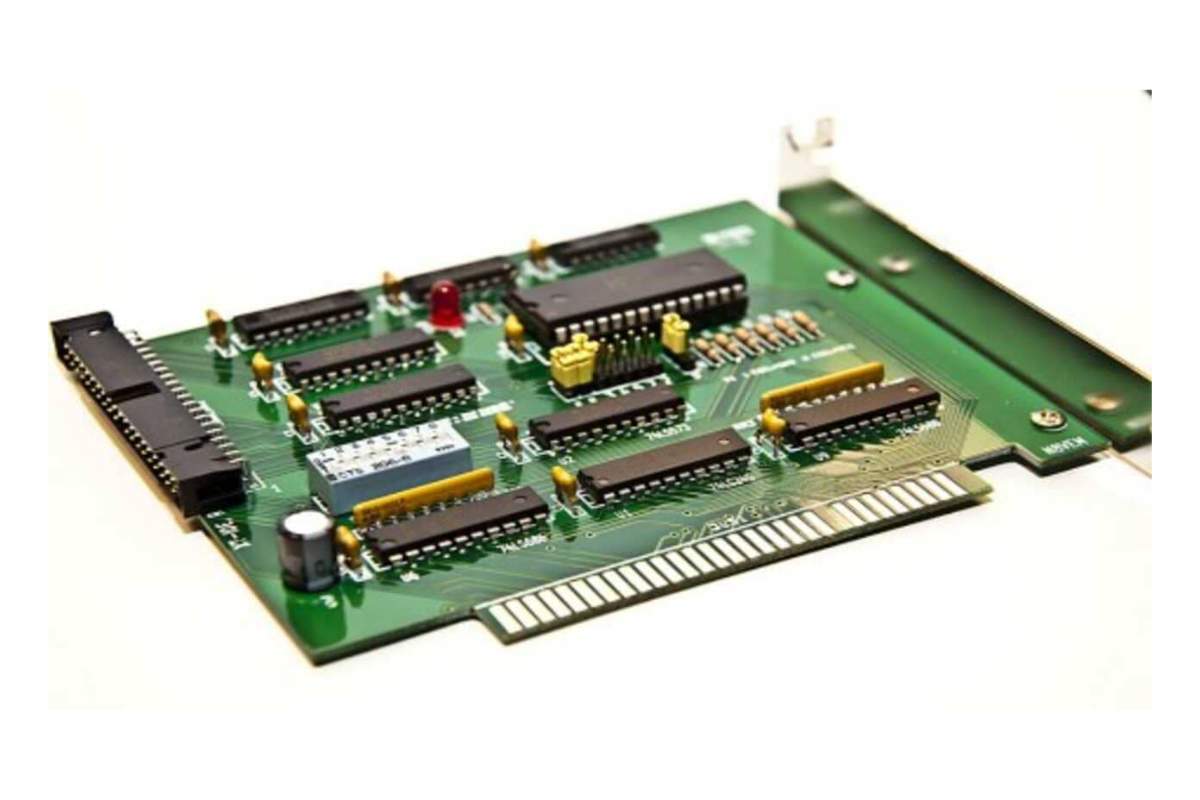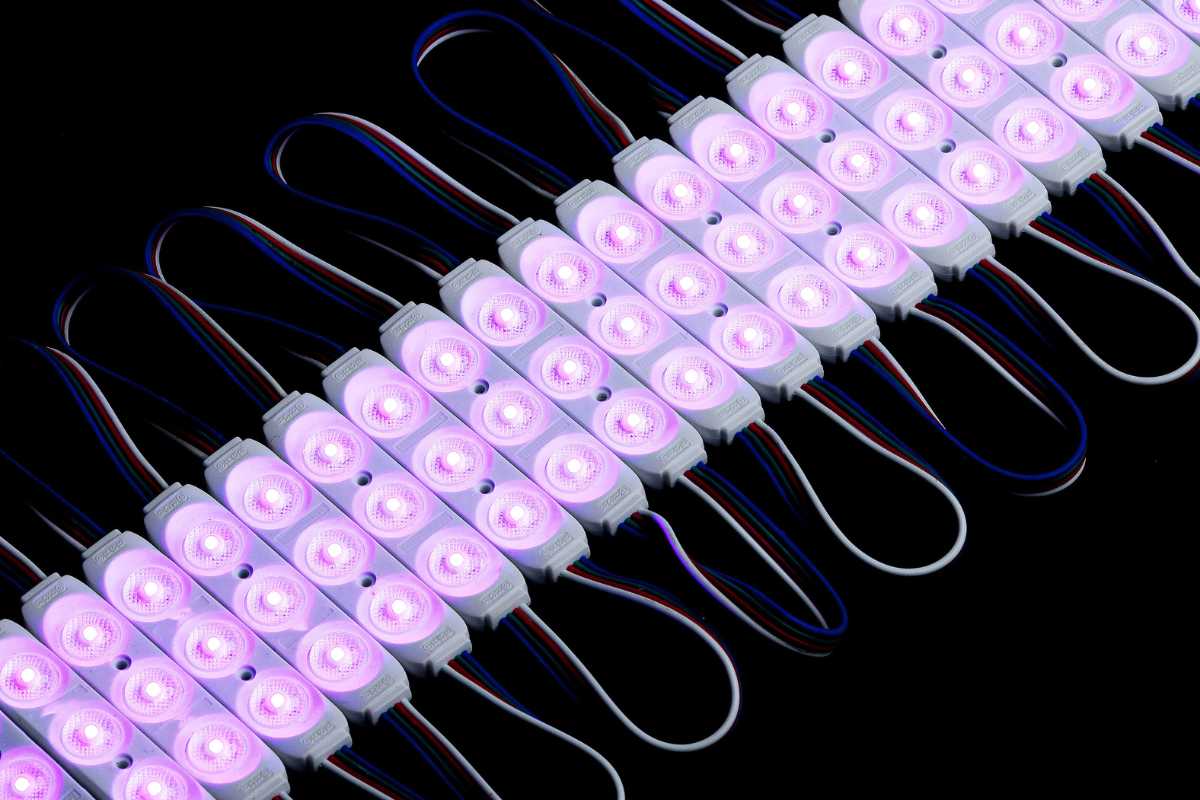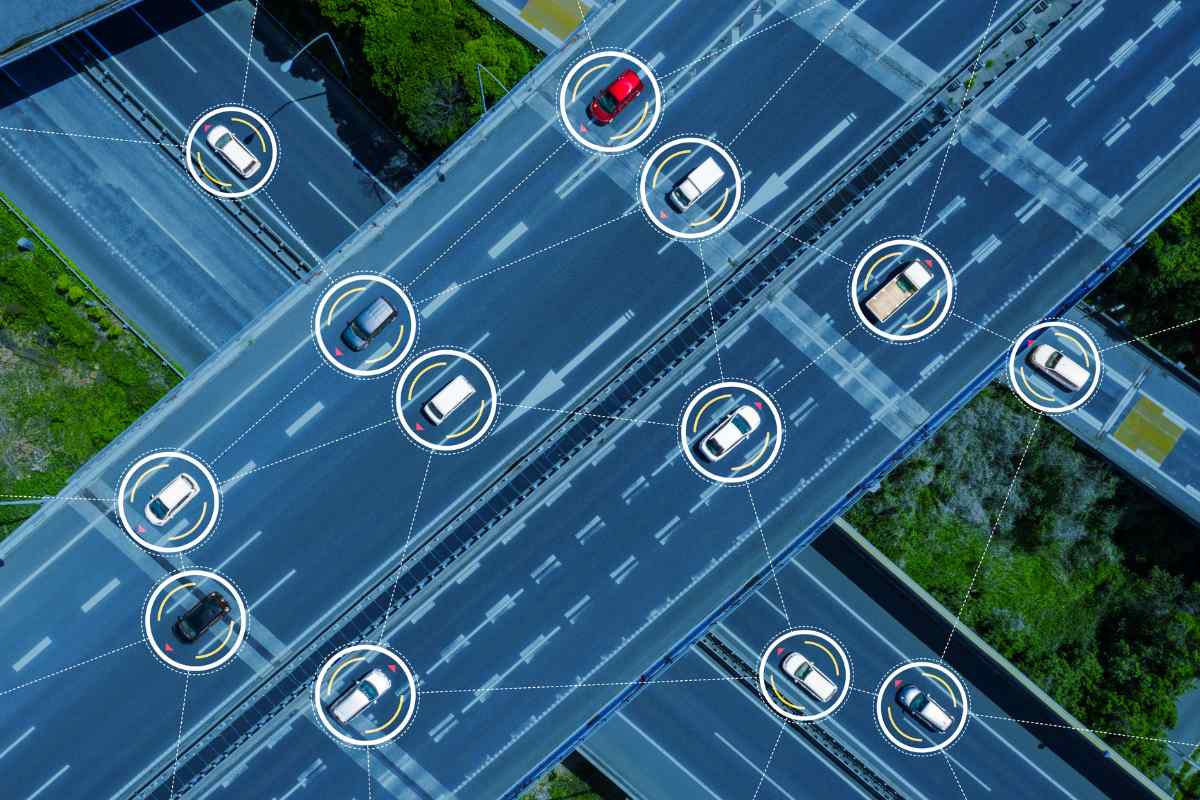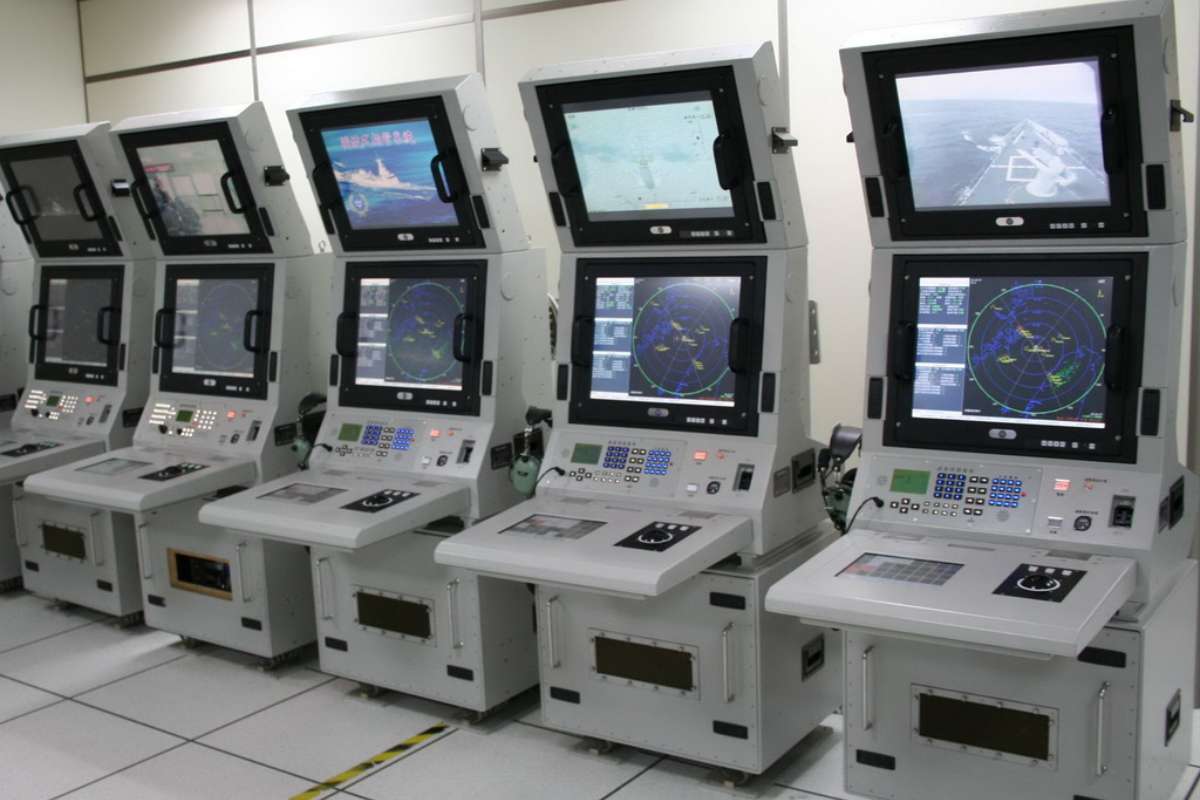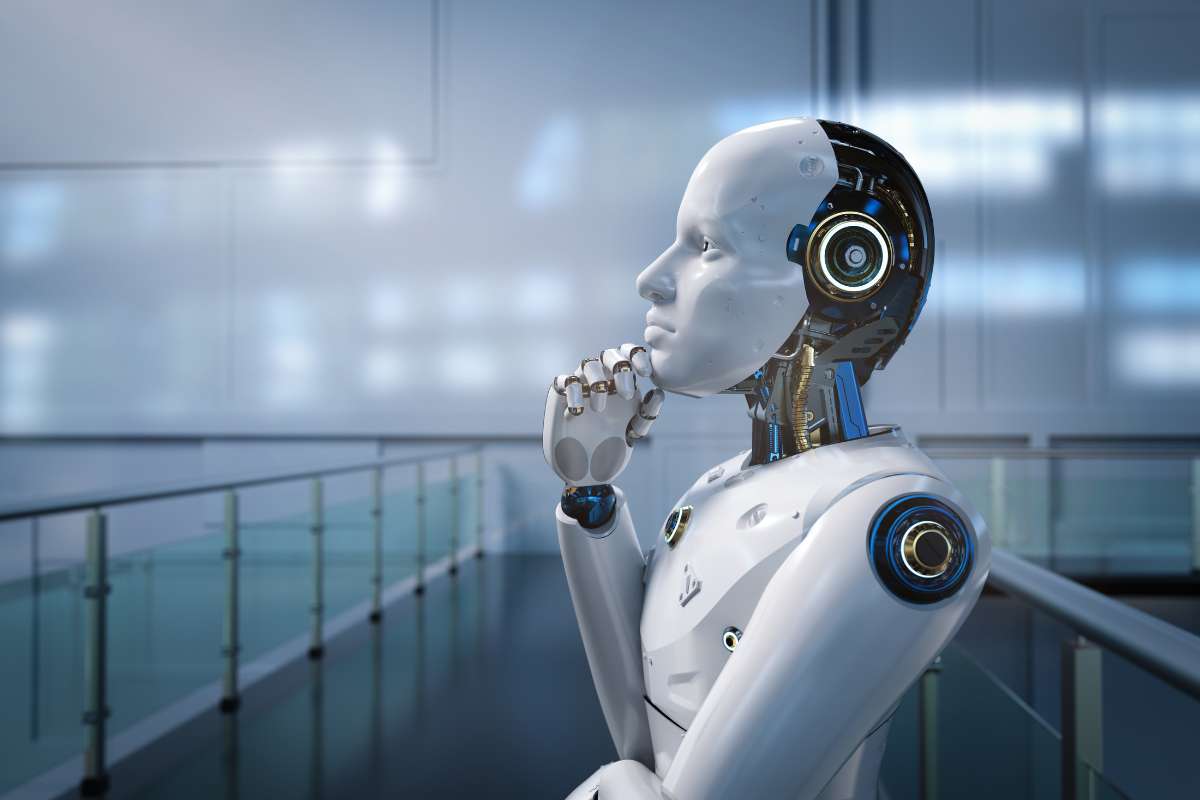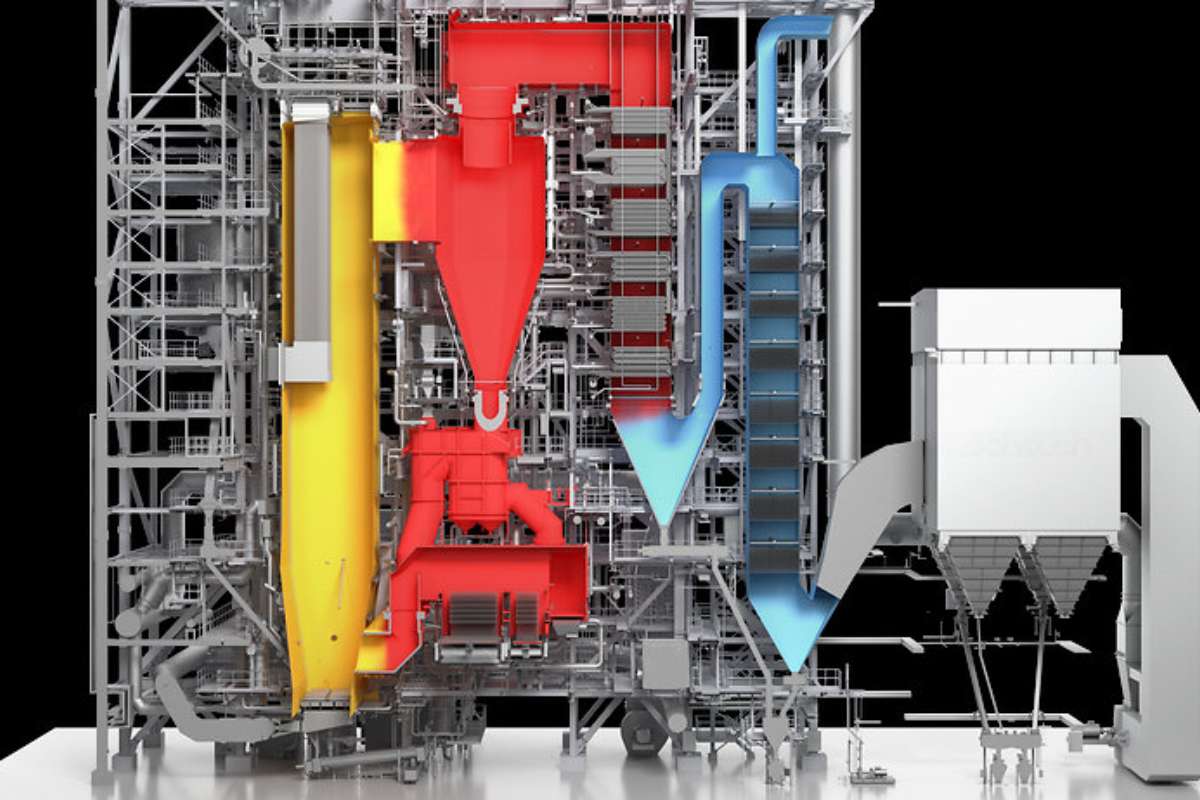Artificial intelligence has transformed the face of many industries, but its entry into healthcare, particularly to medical imaging, has changed diagnostics and treatment planning. Artificial imaging employs sophisticated algorithms to speedily analyze intricate medical images accurately and creates new pathways for early diagnosis, detection, and personalized treatment. Artificial intelligence imaging in the medical domain is discussed in this blog as it charts a new approach for the future of healthcare.
What is Artificial Intelligence Imaging?
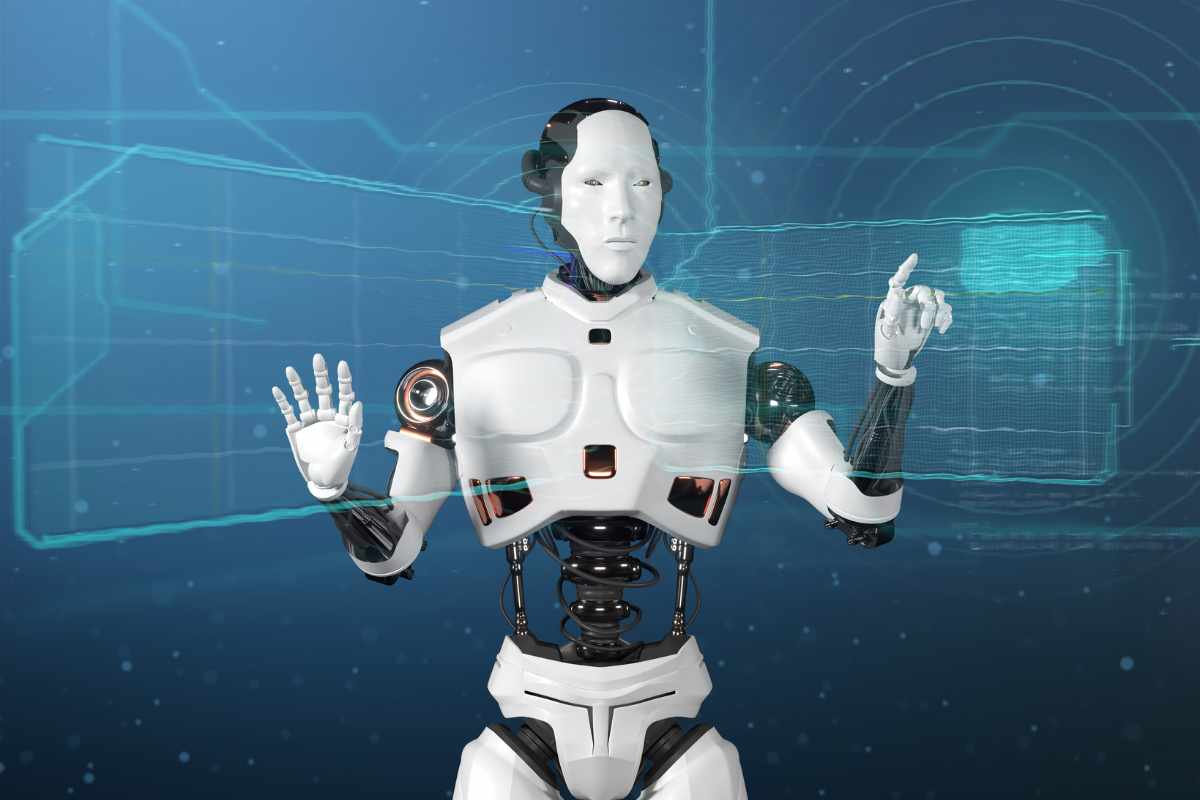
Artificial intelligence imaging essentially refers to the use of AI technologies, especially machine learning and deep learning algorithms, applied to medical imaging processes such as MRI, CT scans, X-rays, and ultrasounds. AI systems that can recognize patterns are applied in identifying abnormalities or unusual cases while interpreting difficult data from imaging tests. This, therefore, forms the concept of Cognitive Imaging—helping radiologists and clinicians make fast and accurate decisions.
The medical image processing process is dependent on the understanding of the physician when interpreting scans, but this varies by clinician and relies on their subjective judgment. However, artificially intelligent imaging minimizes human error, standardizes diagnoses, and increases accuracy in detecting conditions, including the existence of tumors, fractures, and cardiovascular diseases.
Comparison of Traditional Imaging vs. Artificial IntelligenceImaging
| Aspect | Traditional Medical Imaging | AI Imaging |
|---|---|---|
| Speed of Diagnosis | Dependent on clinician’s time availability | Can process hundreds of images in minutes |
| Accuracy | Subject to human error and variability | AI reduces variability, offering standardized diagnoses |
| Detection of Subtle Abnormalities | Often misses early signs of diseases | AI detects subtle abnormalities like micro-tumors |
| Workload for Clinicians | High, with long hours of data interpretation | Reduces workload by automating routine image analysis |
The Role of AI Imaging in Diagnostics
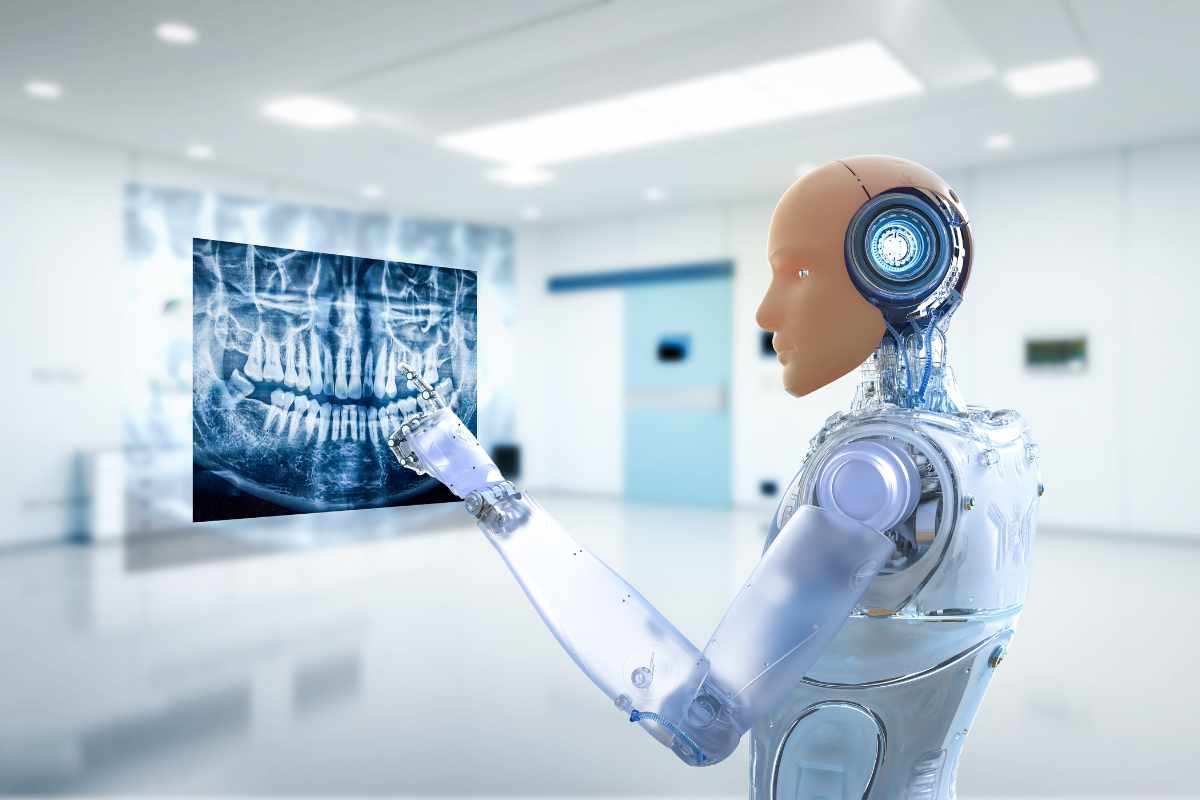
One of the most profound impacts of Cognitive Imaging is in diagnostics. AI algorithms can scan through hundreds or thousands of images in a fraction of the time it would take a human to do so. In the field of oncology, for instance, AI tools are being used to detect cancers at earlier stages than ever before.
AI-powered tools can highlight minute abnormalities in mammograms, lung scans, and other imaging modalities that may be too subtle for even experienced radiologists to detect. Cognitive Imaging has been particularly effective in improving the early detection of breast cancer, significantly boosting survival rates.
In radiology, Artificial Intelligence Imaging can streamline workflows, reducing the burden on overworked radiologists. AI tools help identify and prioritize urgent cases, such as strokes or aneurysms, allowing for faster treatment, which can be critical in life-threatening situations. The integration of Cognitive Imaging in radiology has the potential to transform this specialty, improving both diagnostic speed and accuracy.
AI Imaging in Neurology
Artificial Intelligence Imaging has proven valuable in neurology, particularly in diagnosing neurodegenerative diseases such as Alzheimer’s, Parkinson’s, and multiple sclerosis. AI can detect subtle changes in brain structure, such as shrinking areas of the hippocampus, long before traditional methods. This allows for earlier interventions, potentially slowing disease progression and improving patients’ quality of life.
Applications of Artificial Intelligence Imaging
| Medical Specialty | AI Imaging Application | Benefits |
|---|---|---|
| Oncology | Early detection of cancers like breast and lung cancer | Improved survival rates due to earlier diagnosis |
| Radiology | Prioritizing urgent cases (e.g., strokes, aneurysms) | Faster treatment, reducing the burden on radiologists |
| Neurology | Diagnosing neurodegenerative diseases (e.g., Alzheimer’s) | Early interventions, slowing disease progression |
| Cardiology | Detecting cardiovascular abnormalities | Improved diagnostic accuracy, leading to better treatments |
| Telemedicine | Remote interpretation of medical images | Increased access to high-quality care, especially in rural areas |
How AI Imaging Supports Telemedicine
Telemedicine has grown significantly, especially after the COVID-19 pandemic. Cognitive Imaging plays a crucial role in virtual healthcare by enabling doctors to interpret and analyze medical images remotely. This is particularly beneficial in underserved areas, where access to specialized care is limited. AI-powered imaging platforms integrated into telemedicine ensure that high-quality diagnostics are available, regardless of geographical location.
AI-Powered Imaging and Workflow Optimization

Artificial Intelligence Imaging optimizes workflows in healthcare facilities by flagging the most urgent cases for radiologists. This reduces the time to diagnosis and treatment, especially for critical conditions. Hospitals experience reduced wait times, increased efficiency, and higher throughput of patients, allowing radiologists to focus on more complex cases while routine analysis is handled by AI.
Challenges and Ethical Considerations
While Cognitive Imaging shows great promise, there are challenges such as the “black box” nature of AI systems. These systems can produce highly accurate results, but the underlying decision-making process is often not transparent, raising ethical questions. Additionally, concerns about job displacement for radiologists exist, though most experts believe AI will augment rather than replace human expertise. Data privacy is another critical issue, requiring strong security measures to protect patient information.
Future Prospects of AI Imaging in Medicine
The future of Cognitive Imaging looks promising. AI systems are expected to become even more advanced, capable of predicting disease progression by analyzing patient imaging data in combination with genetic and lifestyle factors. AI-enabled portable imaging devices could bring medical imaging to remote, low-resource areas, reducing global healthcare disparities. This evolution of AI technology in healthcare will revolutionize medical diagnostics, making care more efficient and accessible worldwide.
Conclusion
Artificial intelligence imaging is shaping the future of medical diagnostics with unprecedented speed, accuracy, and personalization. Whether in radiology, oncology, or neurology, AI-driven tools offer earlier disease detection, optimized treatment plans, and improved patient outcomes. While challenges remain, the potential of Artificial Intelligence Imaging to revolutionize healthcare systems worldwide is undeniable.
Also Read: The Future of Mobile Dining: Top Trends Shaping the Food Trucks Industry
